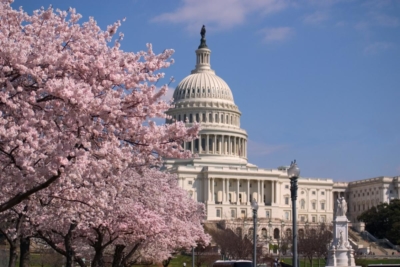
FY 2022 Federal Budget Signed; more than $53B allocated to Housing while Build Back Better Stalled
President Biden signed into law the Fiscal Year (FY) 2022 spending bill on March 11, 2022, after nearly five months of negotiations in Congress. This bill moderately increased funding for affordable housing and community development programs – the US Department of Housing and Urban Development (HUD) was allocated $53.7B, a $4B increase over FY 2021 enacted levels. This funding level was less than what was proposed by the President’s FY 2022 budget request, the House’s budget request, and the Senate’s budget request.
Notable provisions include:
- The Community Development Block Grants program ($4.84B), which received an additional $1.37B compared to FY 2021.
- The HOME Investment Partnerships program (HOME) ($1.5B) and the Choice Neighborhood program ($350M) each received increases of $150M million compared to FY21.
- Housing Choice Vouchers funding ($27B) increased by a little less than $2B, mostly from contract renewals, with an incremental 200k vouchers.
- The Public Housing Capital Program ($3.39 billion) was provided a $446 million increase; and the Public Housing Operating Program ($5.06 billion) received a $200 million increase.
- Homeless Assistance Grants ($3.2 billion), Section 202 Housing for the Elderly ($1.03 billion), and Section 811 Housing for People with Disabilities ($352 million) received increased funding as well.
- The bill provides boosted funding for Tribal block grants ($772 million), Tribal competitive funds ($150 million), Housing for Persons with AIDS ($450 million), and Fair Housing programs ($85 million).
The Federal government has until October 2022 to enact another spending bill for FY 2023. On March 28, President Biden released his budget plan for FY 2023, kicking off the official budget appropriations season.
Build Back Better as it was initially presented in 2021–proposing $150B for affordable housing and homelessness–is presumed dead. However, last month Senator Manchin appeared to propose an outline for a reconciliation bill that he would support – one that focuses on climate change, raising tax revenues, and negotiating drug prices. There is a possibility that some housing provisions could be passed as part of this bill if the framework gains traction. However, the current war in Ukraine and upcoming midterms are likely to constrain Federal activity for the rest of the year.

